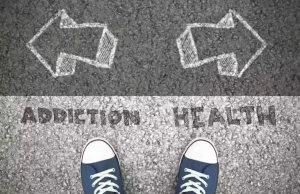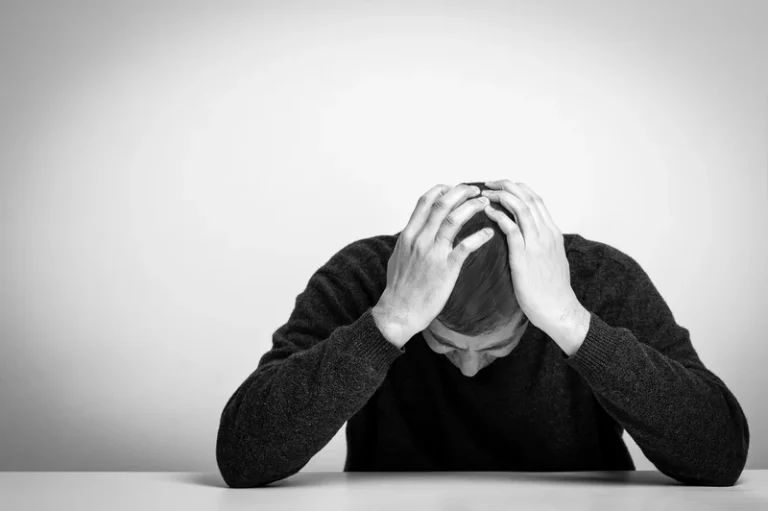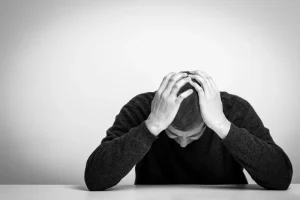
The act of matching attitudes, beliefs, and behaviors to group norms, often driven by peer pressure. If you feel you’re being peer pressured in your relationships, it may be time to evaluate and move away from those relationships. Peer pressure is a powerful force that can influence individuals’ thoughts, feelings, and behaviors. Resilience https://ecosoberhouse.com/ is like a psychological immune system – it helps you bounce back from setbacks and resist negative influences. You can build resilience through practices like mindfulness, positive self-talk, and seeking out challenges that push you to grow.
- The dynamics of peer pressure are closely linked to concepts such as conformity, compliance, and obedience, as individuals often navigate their social environment to gain acceptance or avoid rejection.
- Knowing the types of peer pressure there are is the first step to understanding what can be done to resist giving in.
How Can Parents Help Their Children Deal with Peer Pressure?
It’s worth noting that these types often overlap and interact in complex ways. For instance, you might experience both direct and spoken peer pressure when a friend verbally encourages you to skip class. Or you might feel indirect and unspoken pressure to post perfect photos on social media because everyone else seems to be doing it. Knowing the types of peer pressure there are is the first step to understanding what can Sober living home be done to resist giving in. There are many coping skills for teens that can be used to deal with the pressures of being influenced by peers. Let us remember that dealing with peer pressure is not an individual task but a collective one.

Empowering Youth to Make Healthy Choices

Negative Peer Pressure — being pressured to do something that goes beyond your moral beliefs or against your core values. It can lead you to adopt a lifestyle beyond your means or change the way you think. Though peer pressure is often thought of as something that happens primarily during adolescence, research suggests peer pressure begins in elementary school, often around the age of 9. The dynamics vary but essentially involve peers urging each other into sharing the same attitudes, beliefs, values, behaviors, etc.
Academic Peer Pressure
Spoken Peer Pressure — when you’re asked, directed, or persuaded to engage in a certain kind of behavior, like being asked to dress in a certain way to be accepted within a sorority or fraternity. Positive Peer Pressure —being influenced to make choices that better yourself. It can encourage you to stop biting your nails, stop swearing, or stop smoking. It can be difficult to find the right way which of the following is a type of indirect peer pressure? to say no to friends and classmates, especially if you are worried about possible consequences such as bullying, social isolation, or rejection. Peer pressure can be caused by various factors – from the desire for approval and social acceptance to even media influence (Prinstein & Dodge, 2010). This form of pressure is clear and easy to recognize because it involves direct interactions between people who influence others through persuasion, coercion, or threats (Paul, 2011).


Indirect peer pressure is similar to unspoken pressure in that it is subtle and not explicitly stated but can still strongly influence an impressionable young individual. For instance, when a teen overhears their friend gossiping about another person and then reacts to the gossip, that is considered indirect peer pressure. Another example would be if a student learns that popular kids have alcohol and drugs at their parties.
- It’s a complex phenomenon that psychologists have been studying for decades.
- Helping us understand ourselves and others better, so we can lead more fulfilling, authentic lives.
- As a child or a youth, you face peer influence from your classmates, cousins, and friends.
- Negative Peer Pressure — being pressured to do something that goes beyond your moral beliefs or against your core values.
At first, our parents played the most important role in helping us make decisions. However, the opinions of peers have a more significant weight during our teen years, influencing how we choose what to do or what not to do. Types of peer pressure can greatly affect how we decide on all sorts of things, from what to wear, who to date, and even what to eat, drink, or smoke. Role modeling good emotional self-regulation may also help your child stick to their own values when it comes to peer pressure. Self-regulation involves the ability to control thoughts, emotions, and behaviors in order to manage current behavior and achieve long-term goals.
- For adolescents, peer relationships are the most important of all thus leading to an increased susceptibility to peer pressure.
- If you feel uncomfortable with what your peers are doing, formulate a plan or an excuse to exit the situation.
- Those who are more central in a social network seem more likely to be cooperative, perhaps as a result of how networks form.
- For example, a teen might feel pressured to take part in a prank online, like sending a nude picture to someone they like or commenting on another person’s posts to bully them.
- This forces many young individuals to make on-the-spot decisions under stress, where they usually disregard their own views to fit in or avoid being rude.
- For adolescents, peer pressure’s relationships to sexual intercourse and substance abuse have been significantly researched.
Negative peer pressure examples:
For example, a teen might feel pressured to take part in a prank online, like sending a nude picture to someone they like or commenting on another person’s posts to bully them. Evidence of genetic predispositions for substance use exists22 and some have begun to examine gene x environment interactions for peer influence. Peer pressure can shape behaviors, attitudes, and decision-making in young people, often influencing them in ways they may not fully recognize. While peer interactions play a crucial role in social development, the pressure to conform can lead to both positive and negative outcomes. Understanding how peer influence affects youth is essential in helping them navigate social situations wisely.
Positive Peer Pressure
Peer pressure can result in both positive and negative consequences. From engaging in risky behaviors to increasing confidence, understanding the effects of peer pressure can help you decide how to best respond to it. Different areas of life have been explored concerning the effects of peer pressure, such as substance use, academic performance, aggression, risky sexual behavior, and conformity, amongst others. Lastly, cultivating positive peer relationships is perhaps the most powerful strategy of all. Surrounding yourself with friends who share your values and support your goals can create a buffer against negative peer pressure and provide positive peer influence instead.
Related terms
Helping young people navigate peer pressure effectively requires teaching them skills that promote confidence, independence, and critical thinking. The more empowered and self-assured they feel, the more likely they are to make informed, responsible choices—even in difficult social situations. Understanding peer pressure is particularly crucial when it comes to psychology for middle schoolers.
Since everybody is doing it, one would feel influenced to do it as well. Here, we’ll talk about the different types of peer pressure and how young individuals can resist the temptation to give in. Many adults are susceptible to drinking too much because their friends are doing it, or putting work before family because they’re competing with other people in their office for a promotion.
